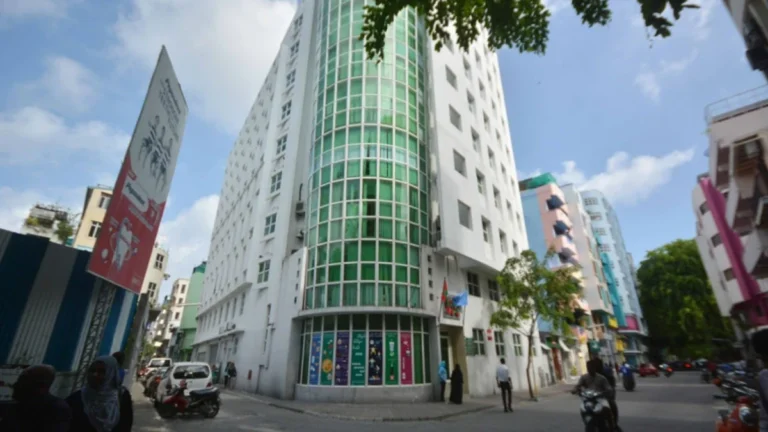The Maldives has achieved a significant public health milestone, as acknowledged by the World Health Organization (WHO), in effectively controlling Hepatitis B.
This recognition was announced in a recent post by the Health Protection Agency (HPA). The WHO’s acknowledgment came on Wednesday, based on the Maldives’ sustained efforts in Hepatitis B prevention.
The decision by the WHO was influenced by the Maldives’ long-term high rate of Hepatitis B vaccinations among children, coupled with the findings of a recent Hepatitis B serosurvey. This survey indicated no Hepatitis B infections among schoolchildren aged 6-7 years, a notable public health achievement.
The HPA highlighted that this success is not solely due to vaccination. The comprehensive strategy also includes regular screening of Hepatitis B in pregnant women, treatment for those testing positive, and preventative treatment for infants born to infected mothers. These measures collectively have played a vital role in safeguarding children from Hepatitis B.
The HPA took this opportunity to commend the relentless dedication of healthcare professionals and the management of health facilities nationwide, whose efforts have been instrumental in earning this recognition.
Hepatitis B, primarily a liver infection caused by the Hepatitis B virus (HBV), can lead to chronic health issues and significantly increases the risk of death from liver complications like cirrhosis and liver cancer. The virus transmits through contact with infected bodily fluids and can also be passed from mother to child during birth.
Preventative measures against Hepatitis B include a safe and effective vaccine, typically administered shortly after birth and followed by booster doses. This vaccine offers nearly complete protection against the virus.


